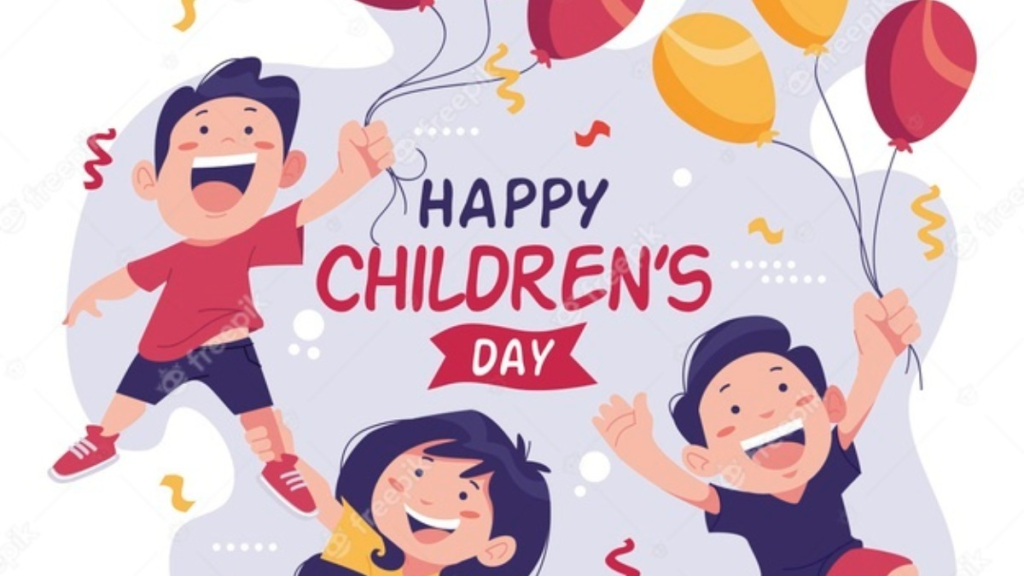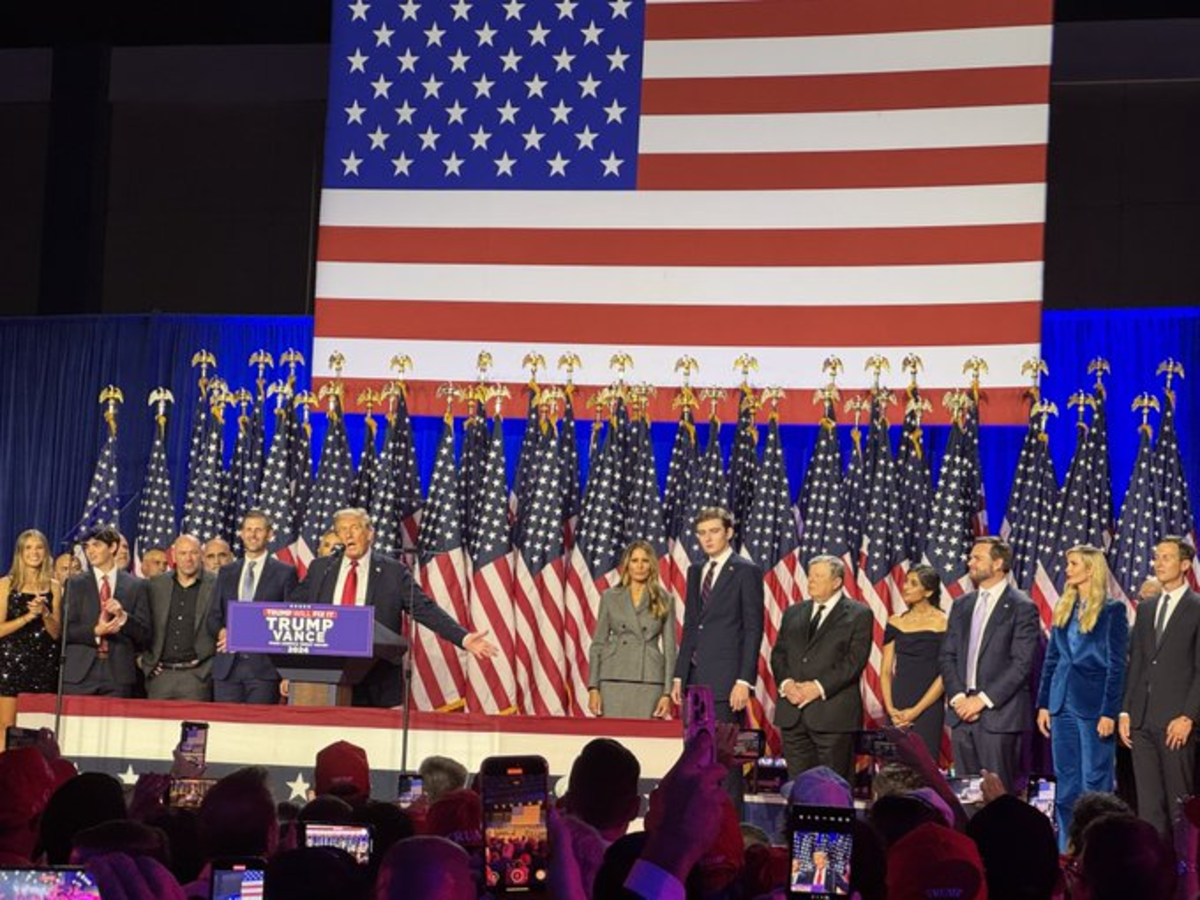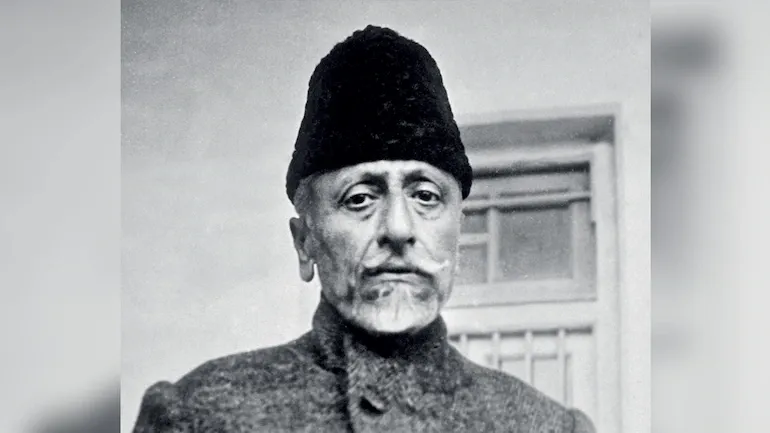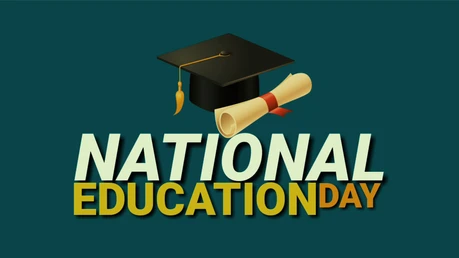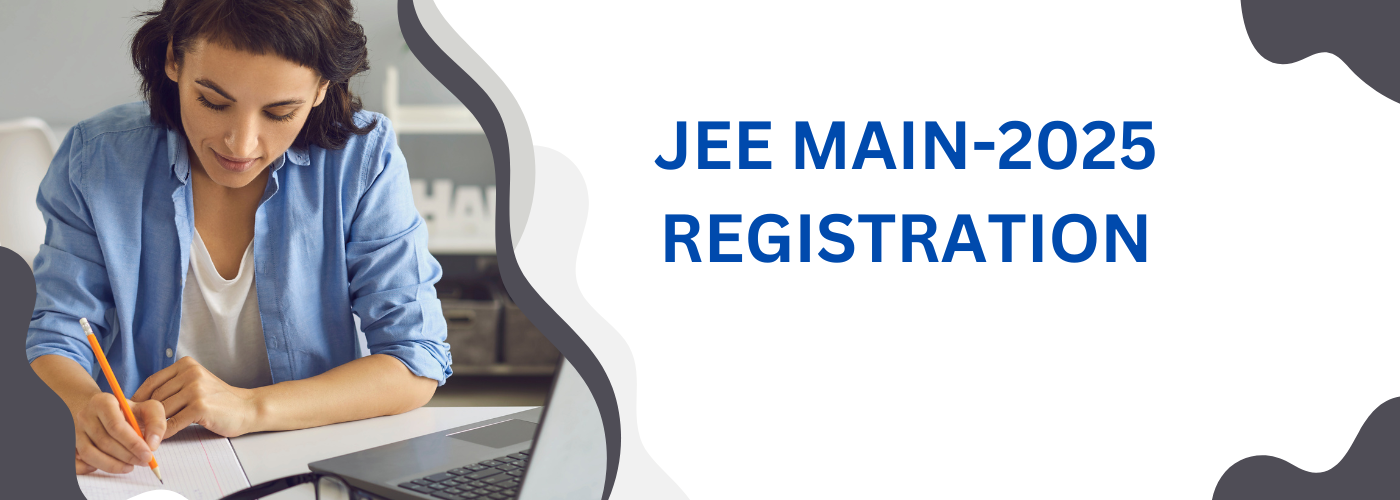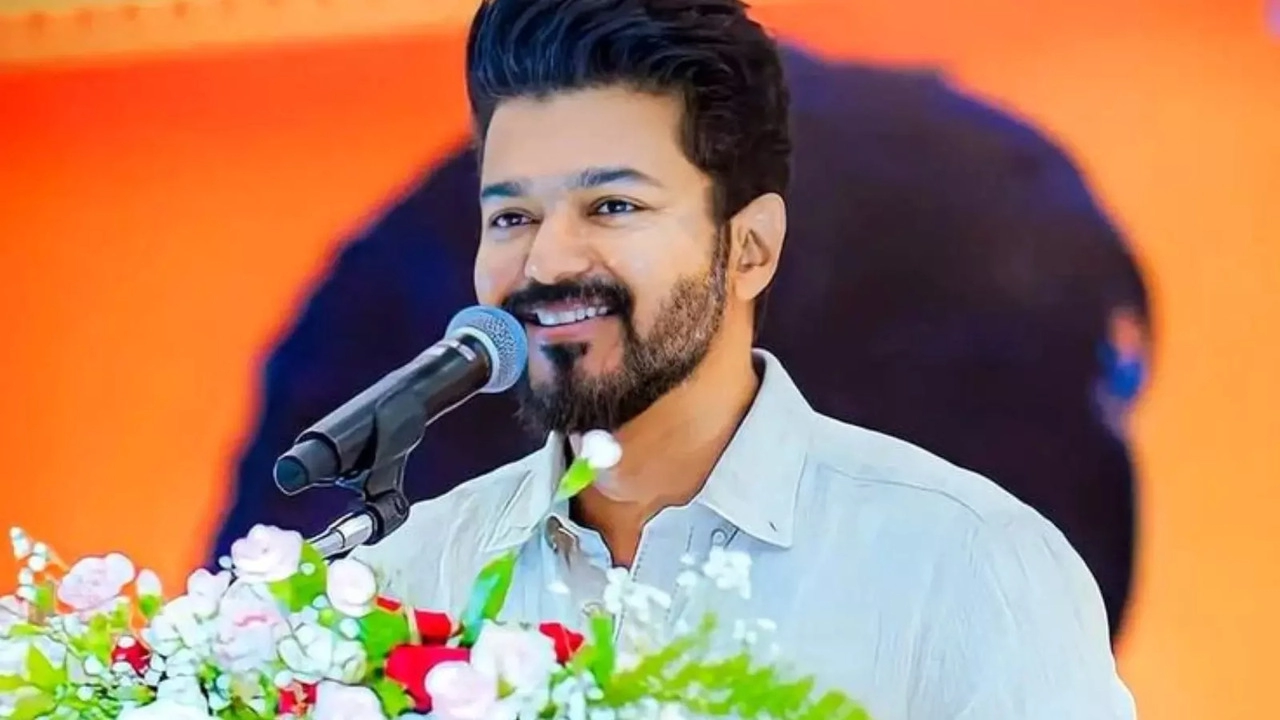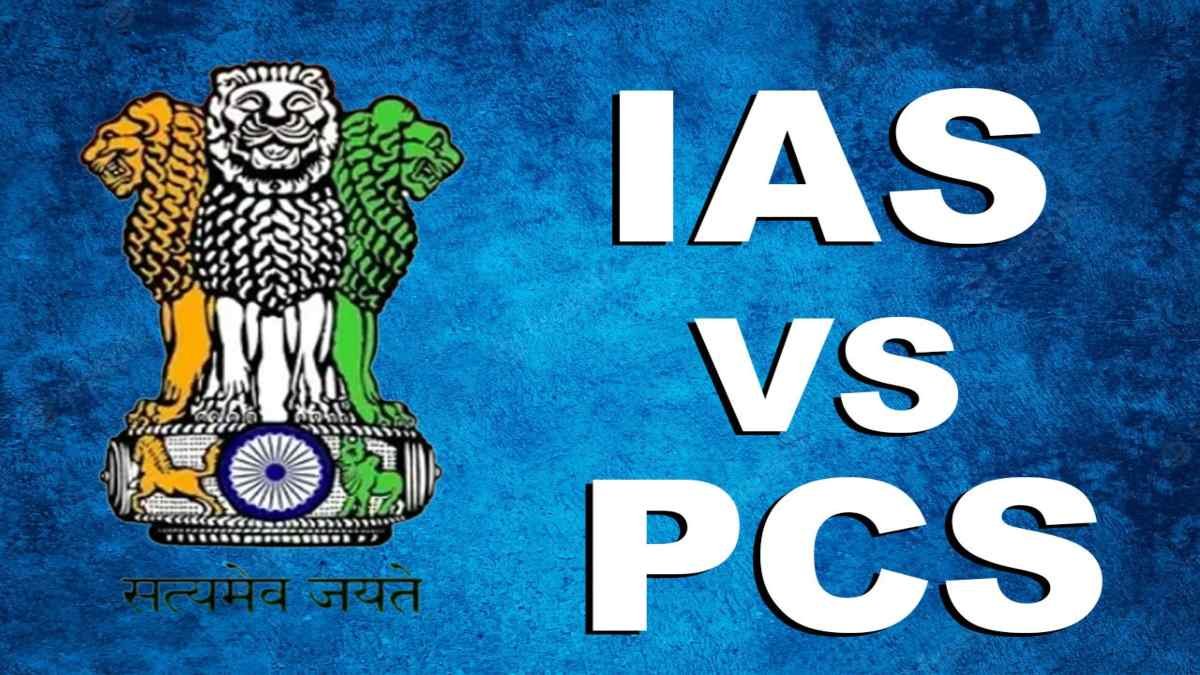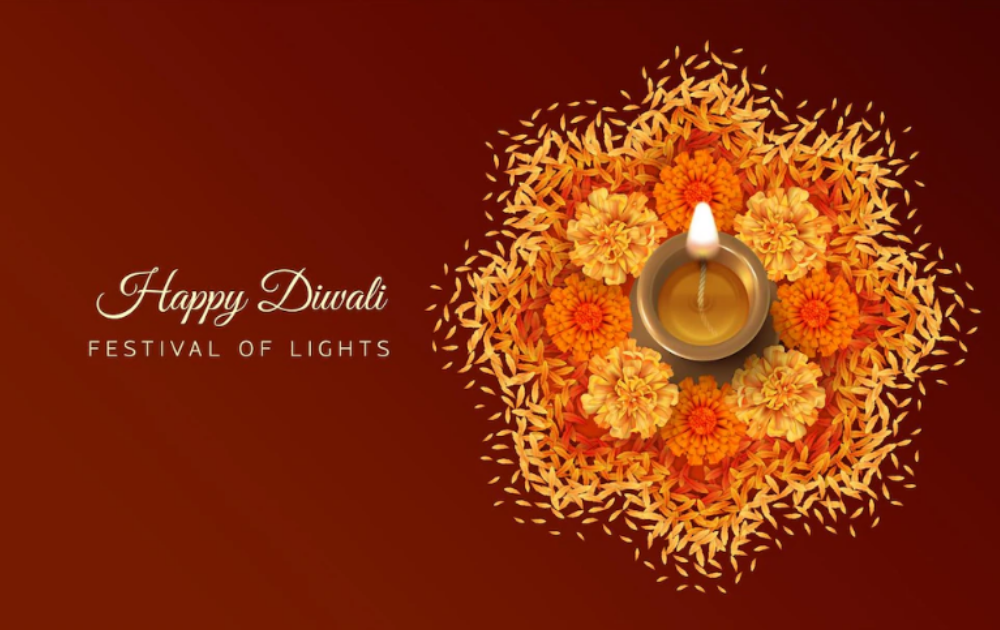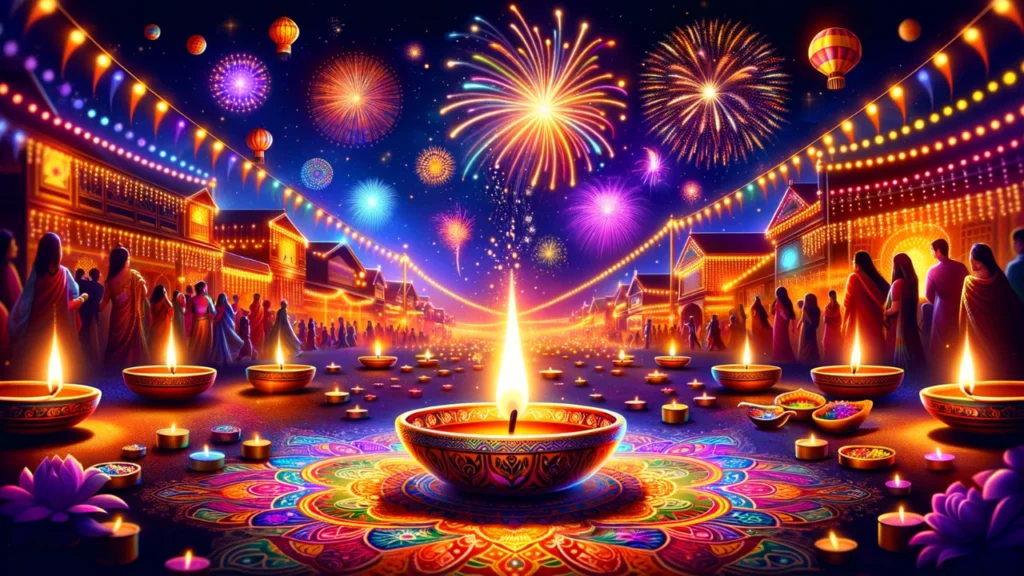Children’s Day 2024: Celebrating Childhood, Education and Joy
Introduction Children’s Day 2024, Children’s Day, celebrated on the 14th of November in India is a significant celebration that celebrates the joy, innocence and potential of each child. The day is significant since it commemorates the birth day of Pandit Jawaharlal Nathru, who was the very first prime minister of an independent India. The affectionately known as “Chacha Nehru” by children because of his love for his children, Nehru believed that children were the true power and the their future was the country’s. His ideas and vision laid the basis that led to the celebration of Children’s Day as a reminder of the importance of nurturing and teaching youngsters. Children’s Day 2024, the Origins and Significance of Children’s Day in India Pandit Jawaharlal was born the 14th of November in 1889. In his entire existence, Nehru advocated for children’s wellbeing, education and development holistically and believed that they were the foundation of progress in the country. His dedication to the rights of children and his warm interactions with them led to the choice to mark his birthday with Children’s Day after his passing in 1964. Children’s Day is not just an opportunity to have entertainment and celebrations, but it also is a time to remind adults of their dedication to wellbeing of their children. It focuses on the need for a better education, health as well as opportunities for kids, so that they grow into mature and responsible adults. Celebrations across the Country Schools, non-profits and community groups play a crucial part in the celebration of this day. Here’s the way Children’s Day is typically celebrated: School functions and cultural Programmes: Schools host cultural activities, such as dancing, music, plays and art exhibitions which let children show off their abilities. Teachers may stage shows or performances for students to entertain them, which strengthens the bond between teacher and student. Games and competitions: Schools and local organizations host sports events drawing, writing essays and quiz contests to bring children to fun and mentally stimulating activities. Special treats and Presents: Schools often distribute chocolates, sweets, as well as gifts for children, making sure that the day is special to everyone. Awareness initiatives: Many social and governmental organizations and NGOs focus on creating awareness of issues like children’s rights and education for all and preventing child work. Discussions and campaigns help tackle these important issues. The True Spirit of Children’s Day Even though Children’s Day is filled with enthusiasm and joy but it also provides an opportunity to think about the difficulties that children have to face in India. Despite the advancements made in ensuring universal education, children continue to face issues like the inaccessibility to quality education, child labor, food insecurity, and other socioeconomic obstacles. The real meaning that is Children’s Day is found in making steps towards making a world in which each child has the chance to live an exciting life full of possibilities and joy. Nehru’s Vision: The Future Lies in Education One of the most important elements of Nehru’s vision of children’s education was the importance of education. He believed that through a quality education, children would not only enhance their own lives, but also be a part of the development of the nation. His ideas are in line with the contemporary importance of reforms in education and initiatives such as those of the Right to Education Act, which guarantees free and compulsory education for children from the age of between 6 and 14 years old. As India grows in its development, the importance of focusing on the welfare of children and equality in education remains just as vital as ever. Initiatives like the digital literacy program, improved infrastructure for schools and community learning centers are just a few of the ways that we’re working together to realize Nehru’s vision. Modern-Day Celebrations and Innovations Since the introduction technological advancements, Children’s Day celebrations have transformed. Organizations and schools often turn on virtual platforms to hold events like storytelling sessions, webinars as well as interactive workshops. These platforms have widened the scope of celebrations which allows children living in distant areas to take part and feel part of the festivities. Furthermore campaigns on social media are a powerful tool for creating awareness about the issues facing children and recognizing their accomplishments. Educational professionals, influencers and non-profits join forces to develop effective campaigns to promote child welfare, education in addition to mental health. How Can You Contribute? When you are planning or attending celebrations, it can be meaningful and meaningful, the most powerful method to celebrate Children’s Day is by contributing to the development of a child and happiness. Here are a few ways to make a difference: Volunteer at local Schools or Non-Governmental Organizations Volunteer to teach or assisting with activities. Donate Educational Resources: Books, stationery, and other school items can be beneficial to children who are not privileged. Advocates in support of Child Rights Participate in events or campaigns that focus on the education of children, their health and well-being. Frequently Asked Questions (FAQs) About Children’s Day 2024 1. What is the reason Children’s Day celebrated on November 14th in India? A. Children’s Day is observed on the 14th of November in honor of Pandit Jawaharlal Nehru’s birth anniversary. Nehru is affectionately known by the nickname “Chacha Nehru,” had admiration for children and believed they were the basis of the nation’s future. 2. What are the most common ways schools observe Children’s Day? A. Schools celebrate by having various activities, cultural events contests, special snacks for children. Teachers are often on stage to entertain children making it a memorable unforgettable day. 3. What’s the significance behind Children’s Day? Children’s Day is significant as it brings awareness to the rights to education, welfare, and rights of children. It also serves as a reminder of the important role society plays in fostering children and giving them the chance to flourish. 4. How can I get involved as a participant in Children’s Day activities? You can get involved by volunteering in … Read more
